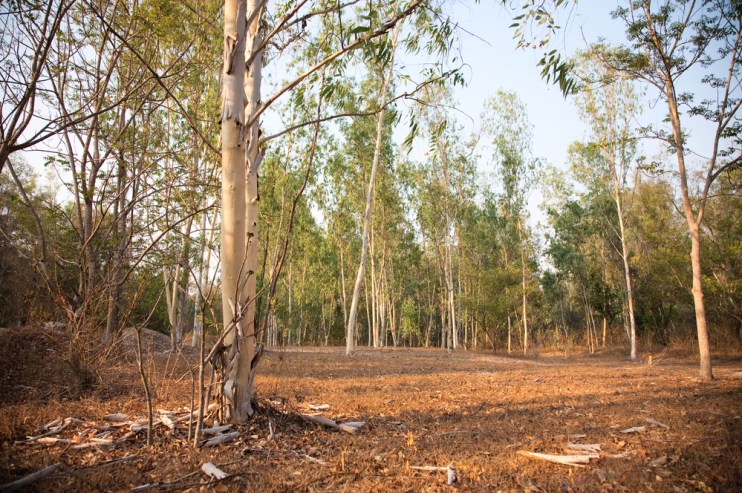
A Technical Assistance Grant from the National Association of Conservation Districts is bringing nine new positions to resource conservation districts (RCDs) in California. Adding personnel to multiple RCDs will add more boots on the ground to assist farmers and landowners address conservation issues on their property with hands-on guidance. RCDs will bring on three more foresters, as well as soil health specialists and other technical staff.
“We’re really excited, we’re going to have nine positions that are going to hit the ground very soon,” said California Association of Resource Conservation Districts Executive Director, Karen Buhr. “These positions are going to be really important in coming in and helping folks know what to do, giving good advice, and then plugging folks into the funding programs that exist through the Natural Resource Conservation Service and other sources so that folks can start to work on the critical issues that are facing them.”
The addition of three more foresters comes at a critical time with California wildfire season picking up as temperatures rise. Wildfire smoke continues to be a significant concern for the agriculture industry, as air quality regulations require increased safety measures. More insight on mitigation tactics and guidance on financial assistance can play an important role in helping to prevent or lessen the intensity of wildfires.
“Private landowners and farmers have all kinds of questions about, how should we worry about air quality? Or I’m worried about the trees on my property; are they going to be a liability? Are they going to catch fire?” Buhr explained. “To actually have someone come out and point at a tree and say, ‘that tree needs to be thinned’ is not something that most people have access to.”
The new positions made possible by the Technical Assistance Grant also includes bilingual resources for water management outreach and personnel specializing in soil health. The additional staff and the impact they will have on local communities will also have a positive influence on economic recovery in those areas. Buhr noted that having these new positions available to assist farmers and landowners “makes a huge difference in connecting to the community.”
Listen to the interview below.










